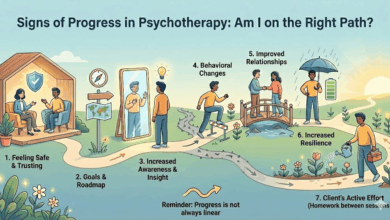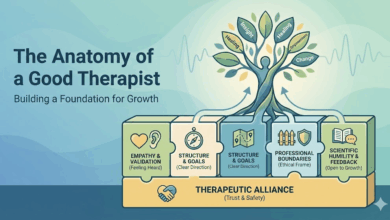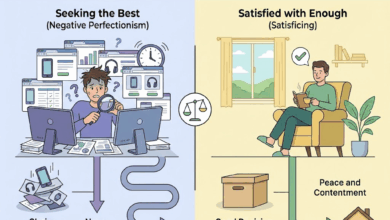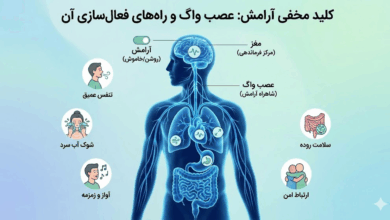Why Do We Feel Lonely in Relationships? A Scientific Look at Loneliness in Love

Together but Apart — The Quiet Loneliness Between Two People
Loneliness often hides in the middle of connection, in that strange space where someone is beside you but you no longer feel seen. A recent study published in Frontiers in Psychology explores this paradox; how it’s possible to be in a relationship and still feel deeply alone. Researchers examined the lives of over two thousand people in long-term romantic relationships. Each participant completed surveys about loneliness, satisfaction, intimacy, trust, and emotional stability. The results painted a picture far more nuanced than expected: many people who appeared to be in stable, healthy relationships from the outside were quietly experiencing isolation within.
The data revealed a two-way link between loneliness and relationship quality. The lonelier people felt, the less satisfied they were with their relationships; and conversely, the colder or less empathetic the relationship became, the more intense the loneliness grew. In other words, loneliness doesn’t come only from being single; it can also arise from a lack of emotional connection. What protects against it is intimacy; the kind built through honest conversations, simple gestures, and moments of genuine presence. Couples who shared quality time and dropped their emotional masks reported feeling less alone. Interestingly, the length of the relationship didn’t matter as much as its depth.
Emotional regulation turned out to be another key factor. Those who could recognize and express their feelings in healthy ways were less likely to feel isolated. Those who suppressed their emotions or stayed silent to avoid conflict, however, tended to withdraw further. Sometimes loneliness stems from mismatched needs for closeness: one partner craves constant connection, while the other needs space and quiet. Left unspoken, these differences slowly turn into invisible walls; calm on the surface, but eroding the bond beneath.
The researchers argue that this phenomenon is not only psychological but also social. Cultural pressure to “be in a relationship” often keeps people in partnerships that lack meaning. In societies where being single is seen as a failure, people may stay in relationships not for love or fulfillment, but to avoid judgment. The result is a relationship that looks whole from the outside but feels empty inside.
Ultimately, the study reminds us that loneliness is less about the absence of others and more about the absence of understanding. Human beings seek a mirror; someone to see us, hear us, and affirm our existence. Without that reflection, even another person’s presence can’t fill the void. Perhaps that’s why loneliness within a relationship can feel heavier than solitude itself. The researchers conclude that preventing this kind of loneliness comes down to three things: understanding, honesty, and connection. Understanding means listening without judgment. Honesty means expressing what you truly feel, even when it’s uncomfortable. And connection means caring actively for the bond, instead of assuming it will sustain itself.
A relationship isn’t a guarantee of peace. Presence only means something when it includes attention. Loneliness within love doesn’t come from a lack of affection; it comes from a lack of awareness. Until awareness returns, even two people together can remain alone in the same room.




